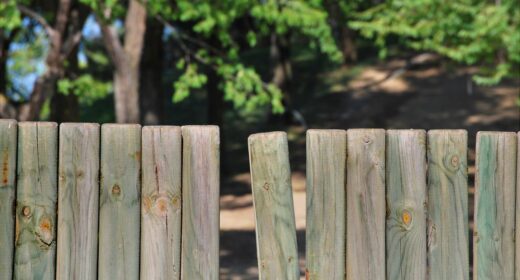I am not a hunter. I have never been hunting, and I don't know the first thing about firearms. But that cannot be said for everyone. If you are appointed as Estate Trustee, it could happen that firearms are among the deceased's assets, and as Estate Trustee, it is your duty to take possession or otherwise deal with those firearms.
But as an Estate Trustee, before you take possession or otherwise deal with those firearms, you must comply with the Firearms Act and Regulations in Canada. Generally the Firearms Regulations require anyone in possession of, or intending to acquire a firearm, to hold a licence permitting that possession or acquisition. The conundrum exists that as an Estate Trustee you automatically assume possession, upon the death of the testator, of all of the testator's assets, and so you may find yourself in possession of firearms without the appropriate licence or basic knowledge as to how the Canadian firearm regulations apply to them.
Before touching, transporting or moving the firearm, contact the RCMP Canadian Firearms Program, and they will provide the necessary information and assistance on how to deal with the firearms. A special exemption exists that allows executors to possess the firearms for a reasonable amount of time in order to effect the administration of the deceased's estate without the requisite licence.
It is also a requirement under the Firearm Regulations that if the deceased owner had a firearms licence or Registration Certificate, these should be returned along with a copy of the death certificate to the RCMP Canadian Firearms Program.
The Firearms Act and Regulations also provide the provisions on how the Estate Trustee can distribute the firearms to the intended beneficiaries.
It is important for Estate Trustees who automatically assume possession of firearms upon the death of the testator to have a basic understanding of the licencing requirements, and transfer provisions in order to administer the estate in accordance with Canadian law.


